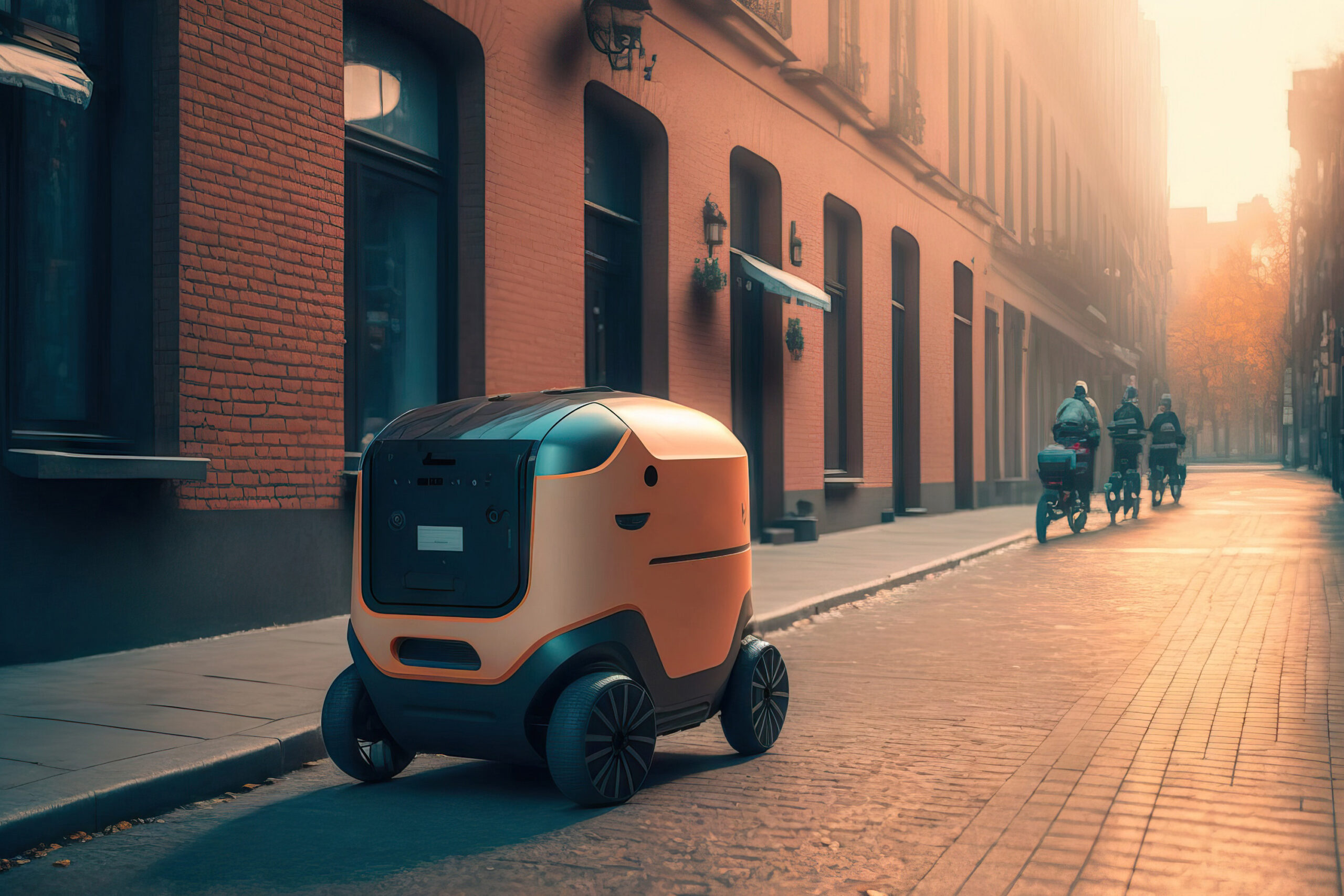IT Tips & Insights: A Softensity product owner considers the reality of autonomous technology, and what it means for the future.
By Ludner Noel Bernaud, Product Owner
Technology already has its own dynamics of development, alien to any human control. This thesis is known as “technological determinism.”
A good way to express this idea is the unofficial motto of the 1933 Chicago World’s Fair: “Science discovers, industry applies, man conforms.” You may have also heard it in the form of “what can be done technologically, will finally be done.” Politicians prefer it in plainer language: “They can’t put doors to the countryside.”
This idea is in danger of becoming a self-fulfilling prophecy. If everyone is convinced that technology cannot be controlled, no one will do anything to control it. Of all the possibilities that each new technology opens, only a few are realized. Nowhere is it written that citizens cannot have a central role in deciding which ones, even if it is not easy.
Theories of Autonomous Technology
Ellul (1954) presents characteristics of modern technology such as automatism, self-augmentation, universalism, and autonomy—the last of which summarizes the rest. Ellul claims that modern technology, unlike traditional technology, is not bound by any heteronomous rules or principles, but develops according to its own rules. As its scale and pervasiveness increase, the development of technology (Ellul’s term is la technique) is influenced neither by socio political and economic changes, nor moral and spiritual values.
Rather, technological change itself now defines the context of other aspects of culture such as capitalist competition for survival in the market. The pursuit of human well-being, presumably the purpose of technological development, is replaced by obsessive pursuit of efficiency, even though the exact meaning of efficiency is often unclear. Technological progress is assumed to be always beneficial, while dimensions of sacredness, mystery, and morality are minimized. Autonomous technology reaches fulfillment when people no longer feel uneasy about “mastering nature” that has come to contradict their own human autonomy.
For example, the transhumanist idea that general artificial superintelligence will come inexorably, and that then we will have no choice but to unite with machines, is not a scientific prediction. It’s just an assumption that’s used to justify certain technological bets. It is understandable that Silicon Valley is an insistent disseminator of this demobilizing idea because it leaves their hands free.
Areas such as Space, Infrastructure or Transportation have made their own steps toward automated processes that aim to simplify most of their current tasks so they can move forward with analysis of further processes.

Figure 2. ‘Perseverance’ arrival to Mars. An autonomous vehicle that sends relevant information to Earth
If you’re struggling to understand this line of thinking, simply take a look at automation within your home. Consider light switches that autonomously adapt to light levels, and common technology like vacuum cleaners and virtual assistants that continue to simplify our day-to-day tasks.
Fortunately, some areas of the world, such as the European Union, are increasingly taking the task of regulating technology more seriously.
About

Ludner Noel Bernaud, Eng, MSc. Systems Engineer, has more than a decade of experience in the Banking, Tech and Oil and Gas Industry, including hands-on experience with VB.Net, .Net Core, Data Analytics with Machine Learning, and Solidity. He is passionate about technology and how it is applied to our day-to-day lives. He enjoys the process of understanding clients’ needs regardless of complexity, and coming up with simple solutions.
